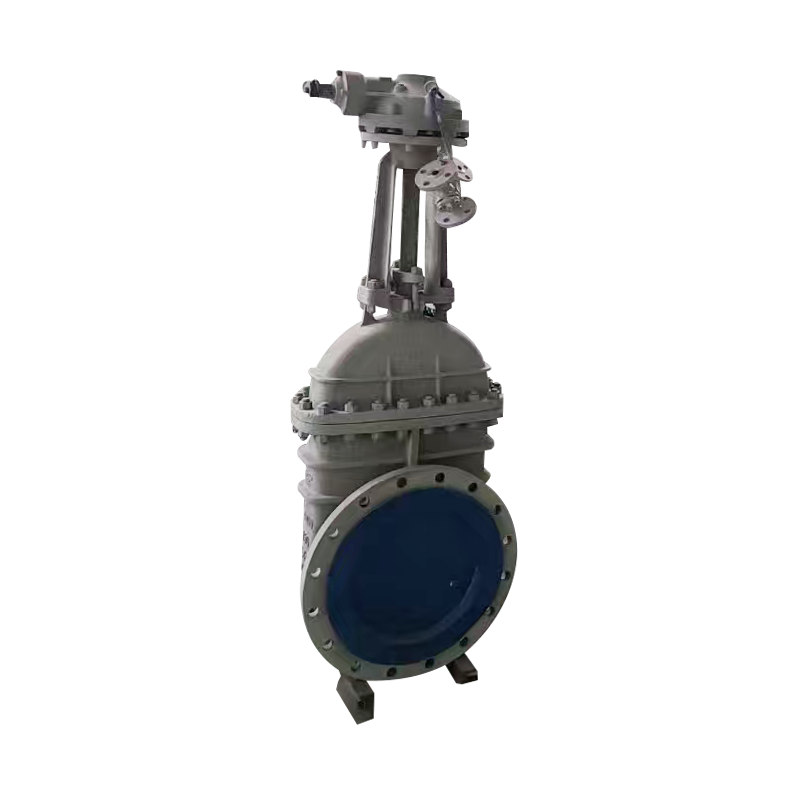

Cast steel gate valves are widely used in industrial pipelines to control the flow of liquids, gases, and steam. Their durability and reliability make them a preferred choice in sectors such as oil and gas, power generation, and water treatment. A Cast Steel Gate Valve Factory designs these valves to endure challenging conditions, but their lifespan can vary depending on several factors.
Materials and Construction Quality
The core material and construction play a significant role in valve longevity. Cast steel offers excellent strength and resistance to high pressure and temperature, which makes it suitable for demanding applications. A reputable Cast Steel Gate Valve Factory ensures that the casting process is carefully controlled to minimize defects like porosity or uneven hardness. Valves with high-quality steel and precise machining tend to last longer, as they are less prone to wear, corrosion, or structural failure.
Operating Conditions
The lifespan of a cast steel gate valve depends heavily on how it is used. Valves exposed to high-pressure cycles, temperatures, or abrasive fluids may experience faster wear. Frequent opening and closing can also affect the seating surfaces and stem threads, potentially reducing operational life. A Cast Steel Gate Valve Factory often tests valves under simulated conditions to understand how they perform over time, providing guidance on suitable applications and operating limits.
Maintenance Practices
Regular maintenance can extend a valve's service life significantly. Lubricating the stem, cleaning internal surfaces, and checking for leaks are common practices that prevent premature damage. A Cast Steel Gate Valve Factory may offer guidelines for inspection intervals and recommended maintenance procedures. Properly maintained valves can operate efficiently for decades, whereas neglect can cause to corrosion, leakage, or complete failure within a few years.
Corrosion and Environmental Factors
Environmental exposure is another key factor affecting valve longevity. Valves installed in corrosive environments, such as seawater or chemical processing plants, may require special coatings or stainless steel components to resist degradation. Even high-quality cast steel can succumb to rust or erosion if protective measures are not applied. A Cast Steel Gate Valve Factory often recommends surface treatments, packing materials, or periodic inspections to mitigate these risks and preserve valve integrity.
Design Features
The design of the gate valve itself influences its durability. Features such as resilient seat materials, reinforced stems, and proper sealing mechanisms reduce wear and tear. Some valves incorporate anti-corrosion coatings or hardened surfaces on critical components. When a Cast Steel Gate Valve Factory designs valves, it considers these factors to ensure they remain functional under expected pressures, temperatures, and operating cycles.
Typical Lifespan
With average industrial use, cast steel gate valves can last anywhere from 15 to 30 years or more. The actual service life depends on the combination of material quality, operating conditions, maintenance practices, and environmental factors. Regular inspection and preventive maintenance can extend their usefulness, whileconditions or neglect can significantly shorten it.
The lifespan of a cast steel gate valve is not fixed but influenced by material quality, design, operating conditions, maintenance, and environmental exposure. A Cast Steel Gate Valve Factory produces valves with durability in mind, but proper installation and ongoing care are essential for achieving a long service life. Understanding these factors helps operators plan maintenance schedules, prevent unexpected failures, and ensure smooth operation across industrial systems.

